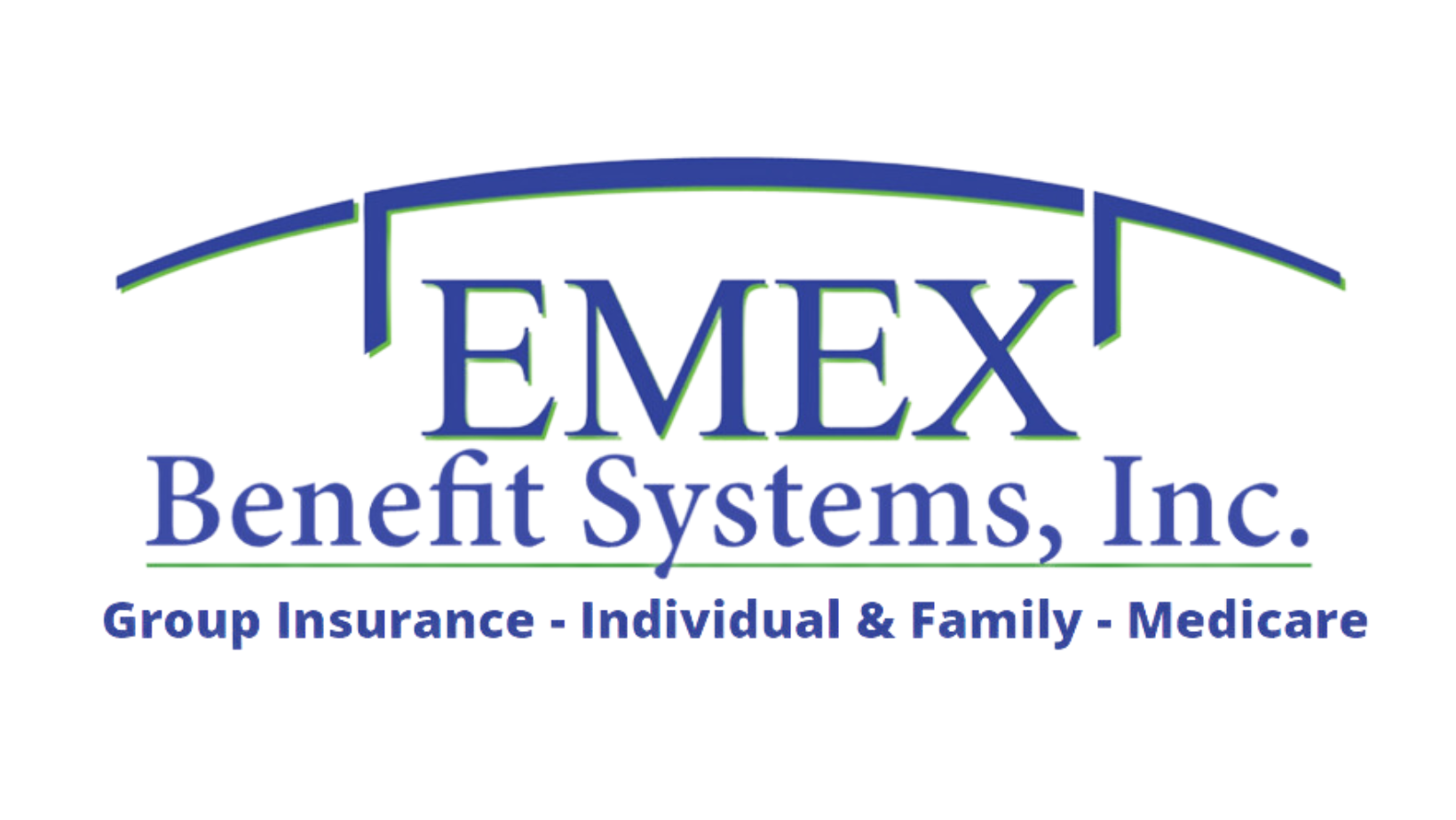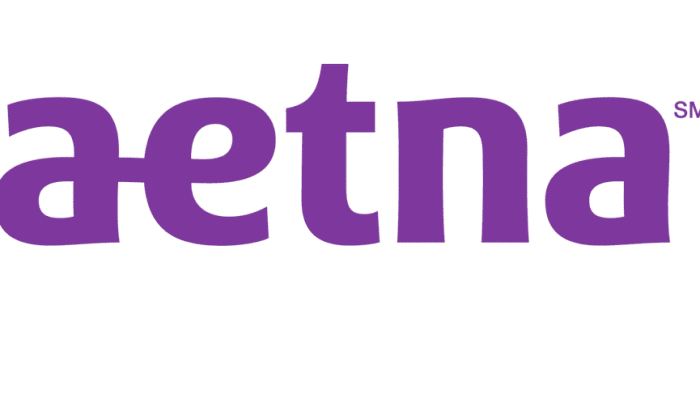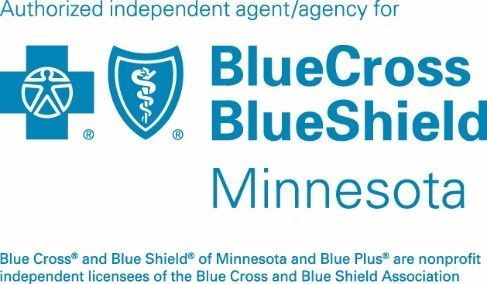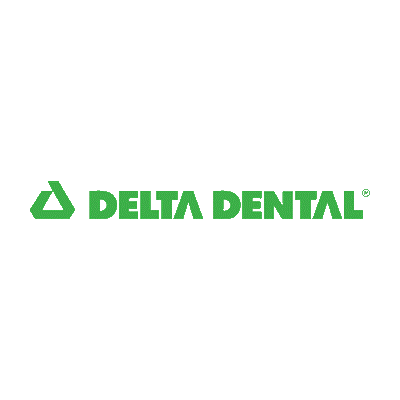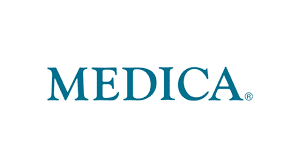There is no one-size-fits-all plan with Medicare and it is complicated.
You NEED a Medicare Advisor & Advocate to navigate Medicare.
Original Medicare A & B, Supplements / Medigap Plans, Cost Plans, Part C / Advantage Plans, Parts B & D IRMAA. Let EMEX Benefit Systems be your guide.
EMEX Benefit Systems is Making Medicare Easy in St Michael, MN
Our job is to be your advocate.
We work for you, represent many carriers & our services cost you nothing.
What is right for you, may be wrong for your spouse.
What is right for your neighbor, may be wrong for you.


Avoid Scams and Confusion.
When you get close to Medicare enrollment age (65),
you will be
BOMBARDED
with mailings, calls and emails.
PICK UP THE PHONE AND CALL US FOR GUIDANCE.
If you experience Medicare Fraud or Abuse - Please Click here to report it or call 1-800-MEDICARE (1-800-633-4227)
There is NOT a one-size-fits-all approach with Medicare.
Make sure you have a knowledgeable Medicare agent to analyze the options that are best for you.
Call EMEX Benefit Systems for expert advice.

IMPORTANT Medicare Planning & Selection Steps
# 1 - Ensure that your name and birthdate is correct with the Social Security Administration to avoid delays.
- We've witnessed an increase number of issues with clients, resulting in delays with processing their Medicare enrollment.
# 2 - Keep an eye out for your Medicare card that will be mailed to you. DO NOT THROW IT AWAY.
- This may be difficult, as you will be bombarded with mail.
# 3 - Call EMEX Benefit Systems to do an analysis on your best strategy for timing and Medicare plan options.
- Ensure you are planning for today, as well as into the future as much as possible.
# 4
- Speak with your financial planning team to ensure your future plans reflect your Medicare choices.

What is Medicare?
Medicare is a national health insurance program in the United States, begun in 1966 under the Social Security Administration and now administered by the Centers for Medicare and Medicaid Services (CMS).
Medicare is the national health insurance program for:
- People who are 65 or older
- Certain younger people with disabilities as determined by the Social Security Administrations
- People with End-Stage Renal Disease (permanent kidney failure requiring dialysis or a transplant, sometimes called ESRD) or ALS (also called Lou Gehrig's disease)
What are the different parts of Medicare?
For full information on Medicare coverage options, Click here to go to the full listing on Medicare.gov
Original Medicare:
For full information on what is covered on Medicare Part A & B, Click here to go to the full listing on Medicare.gov
- Medicare Part A (Hospital Insurance)
You will automatically be signed up for Part A, unless you choose to delay.
Medicare Part A hospital insurance covers inpatient hospital care, skilled nursing facility, hospice, lab tests, surgery, home health care.
- Medicare Part B (Medical Insurance)
Medically necessary services: Services or supplies that are needed to diagnose or treat your medical condition and that meet accepted standards of medical practice.
Preventive services: Health care to prevent illness (like the flu) or detect it at an early stage, when treatment is most likely to work best.
Medicare Part D (prescription drug coverage):
For full information on what is covered on Medicare Part D (Prescription drug coverage) , Click here to go to the full listing on Medicare.gov
If you chose Original Medicare and want to add drug coverage, you can join a separate Medicare drug plan. Medicare drug coverage is optional. It’s available to everyone with Medicare.
- Helps cover the cost of prescription drugs (including many recommended shots or vaccines).
- Most plans have a monthly premium that you pay in addition to your Part B premium. You’ll also pay other costs when you get prescriptions.
- This is VERY specific to your needs and may need to be adjusted year-by-year.
- Plans cover a variety of brand-name and generic prescription drugs. Each plan has a list of covered drugs, called a “formulary,” that can vary in cost and specific drugs covered.
- Plans divide the covered drugs on their formulary into groups called "tiers" based on cost. A drug in a lower tier will cost less than a drug in a higher tier.
- You may pay a Part D late enrollment penalty if you don’t join a Medicare drug plan when you first get Medicare and go 63 days or more without creditable drug coverage.
Medicare Advantage Plans (Part C)
For full information on what is covered on Medicare Advantage (Part C) , Click here to go to the full listing on Medicare.gov
Medicare Advantage plan is an optional plan that is offered by private insurance companies approved by Medicare. Medicare pays these companies to cover your Medicare benefits. Medicare Advantage combines the benefits of Medicare Parts A and B, as well as, in some cases, prescription drug coverage provided by Part D, and may provide some additional benefits.
- A Medicare Advantage Plan will provide all of your Medicare Part A and Part B coverage. This is different than a Medicare Supplement (Medigap) policy,
which helps cover Part A and Part B out-of-pocket costs such as deductibles, copayments and coinsurance. - A Medicare Advantage Plan may require you to use certain health care providers (the provider network).
**Seeing providers outside the network can significantly increase your out-of-pocket costs** - Many Medicare Advantage Plans offer extra benefits such as vision, hearing, dental or wellness coverage.
- Most Medicare Advantage Plans offer Part D prescription drug benefits.
There are different types of Medicare Advantage Plans available in Minnesota:
- HMO Point-of-Service (HMO POS) plans typically require you to choose a primary care doctor and to get a referral from this primary doctor to see a specialist. You may also be required you to use only the plan’s provider network (except in an emergency), otherwise you pay extra costs. Some plans may include a self-referral option that allows some flexibility to go to out-of-network providers.
- Preferred Provider Organization (PPO) plans have provider networks, but you are allowed to see any provider that accepts Medicare (usually for a higher cost). You do not need a referral to see a specialist, but you may pay more if you go outside the plan’s network.
- Private Fee-for-Service (PFFS) plans generally allow you to go to any provider as long as they accept the plan’s payment terms. The plan determines how much it will pay providers and how much you must pay when you get care. Medicare Part D prescription drug coverage may or may not be provided, but you can enroll in a standalone Part D plan if coverage is not provided.
- Special Needs Plans (SNPs) provide focused and specialized health care for specific groups of people, such as seniors who have both Medicare and Medicaid, or non-seniors with disabilities who have Medical Assistance.
Medicare Supplement Policy (sometimes known as Medigap or MedSupp)
For full information on Medicare Supplement (Medigap) Policies, Click here to go to the full listing on Medicare.gov
A private insurance policy designed to supplement Original Medicare Parts A and B by covering out-of-pocket costs such as deductibles, copayments and coinsurance.
- Is sold by private insurance companies to supplement Original Medicare.
- Generally, you need Part A and Part B to buy a Medigap policy.
- Helps to pay your share of the costs of Medicare-covered services (coinsurance, copayments and deductibles as applicable to the plan coverage).
- May cover certain costs not covered by Original Medicare such as medical care needed while traveling outside of the U.S.
- Covers Minnesota state-mandated benefits
- Generally, Medigap policies don’t cover long-term care (like care in a nursing home), vision, dental, hearing aids, private-duty nursing, or prescription drugs.
- If you’re under 65, you might not be able to buy a Medigap policy, or you may have to pay more.
- If you don’t buy a Medigap policy within 6 months of when you first get Part A and Part B, you may not be able to buy a policy or you may pay more.
- Medigap policies are standardized, and in most states named by letters, like Plan G or Plan K.
- The benefits in each lettered plan are the same, no matter which insurance company sells it.
What costs should you expect when enrolling in Medicare?
There is an INCREDIBLE amount of information regarding Medicare options, obligations, expenses and rules.
To discuss your particular situation and gain the most comprehensive advice, we encourage you to call us to work through the particulars directly.
Part A & Part B Premiums
- Part A: Medicare eligible citizens may or may not be entitled to premium-free part A, depending on the amount of Medicare taxes paid during years of employment.
- Part B: Medicare eligible citizens choosing to enroll in Part B will pay a premium. The cost will be determined by income. IRMAA
- Contact us for an analysis of your potential income related monthly adjusted amount (IRMAA).
- You are not obligated to enroll in Part B, but will be disqualified to purchase an Advantage Plan or Supplement without Part B.
Medicare prescription drug coverage (Part D)
- Starting in 2005, Medicare eligible citizens have been required to obtain Part D or experience a 1% premium increase penalty for every month drug coverage was not in effect.
- To get Medicare drug coverage, you must join a Medicare-approved plan that offers drug coverage (this includes Medicare drug plans and Medicare Advantage Plans with drug coverage).
- Plans vary in cost and specific drugs covered, but must give at least a standard level of coverage set by Medicare.
- Medicare drug coverage includes generic and brand-name drugs.
- Plans can vary the list of prescription drugs they cover (called a formulary) and how they place drugs into different "tiers" on their formularies.
- Plans premiums fluctuate, depending on the plan purchased.
- You’ll also have other costs throughout the year in a Medicare drug plan. How much you pay for each drug depends on which plan you choose.
Additional insurance protections to pair with your Medicare plans:
- Dental Insurance
- Vision Insurance
- Supplemental Hearing Benefits
- Hospital Indemnity
- Travel Insurance
- Emergency Evacuation Coverage

We represent a spectrum of insurance carriers for Medicare beneficiaries.
As new carriers come into the market, we adjust our offerings and bring them to you.
Don't see what you are looking for? We are able to get appointed to new carriers quickly and are licensed in multiple states.
